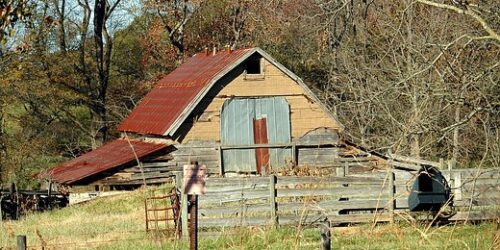Finding Your Ancestors in Poor House or Poor Farm Records
Note: This article was published by James Tanner on the Genealogy’s Star blog site and is used with the author’s permission. Frederick County Poor Farm in Virginia, United States, By AgnosticPreachersKid – Own work, CC BY-SA 4.0, https://commons.wikimedia.org/w/index.php?curid=48996373Poor houses and poor farms, which go by many different names, have a long history in English speaking countries. Quoting from the History.com article,...









